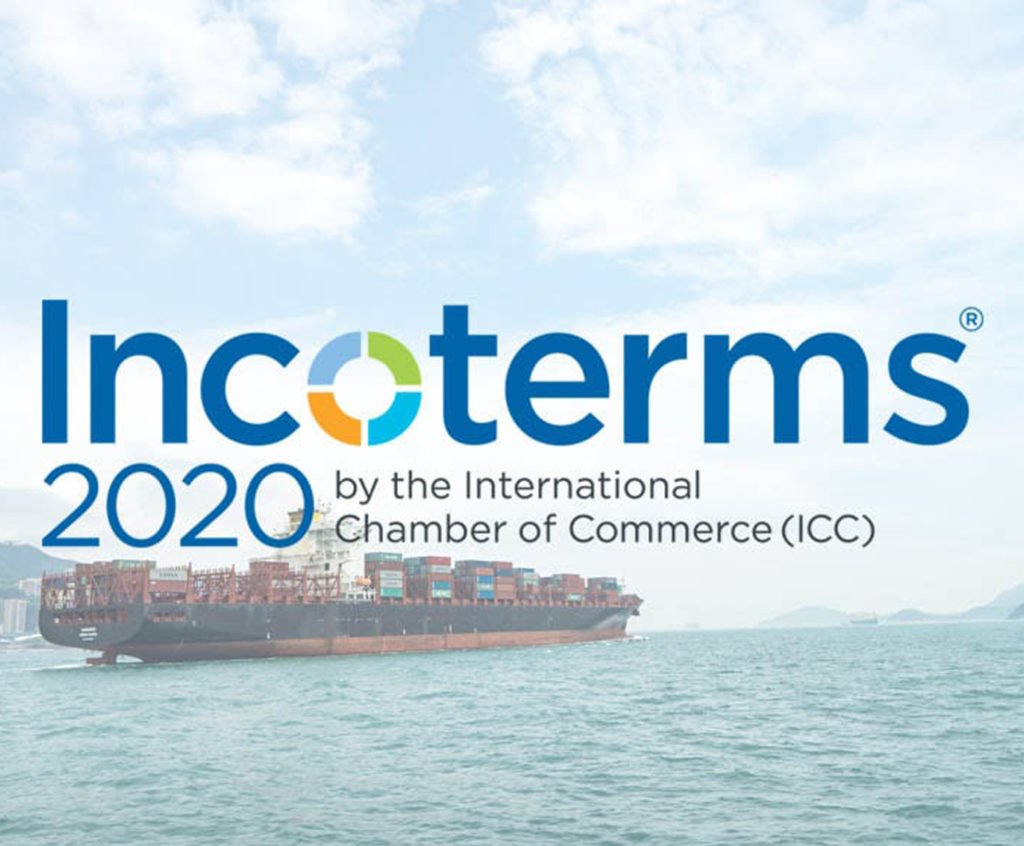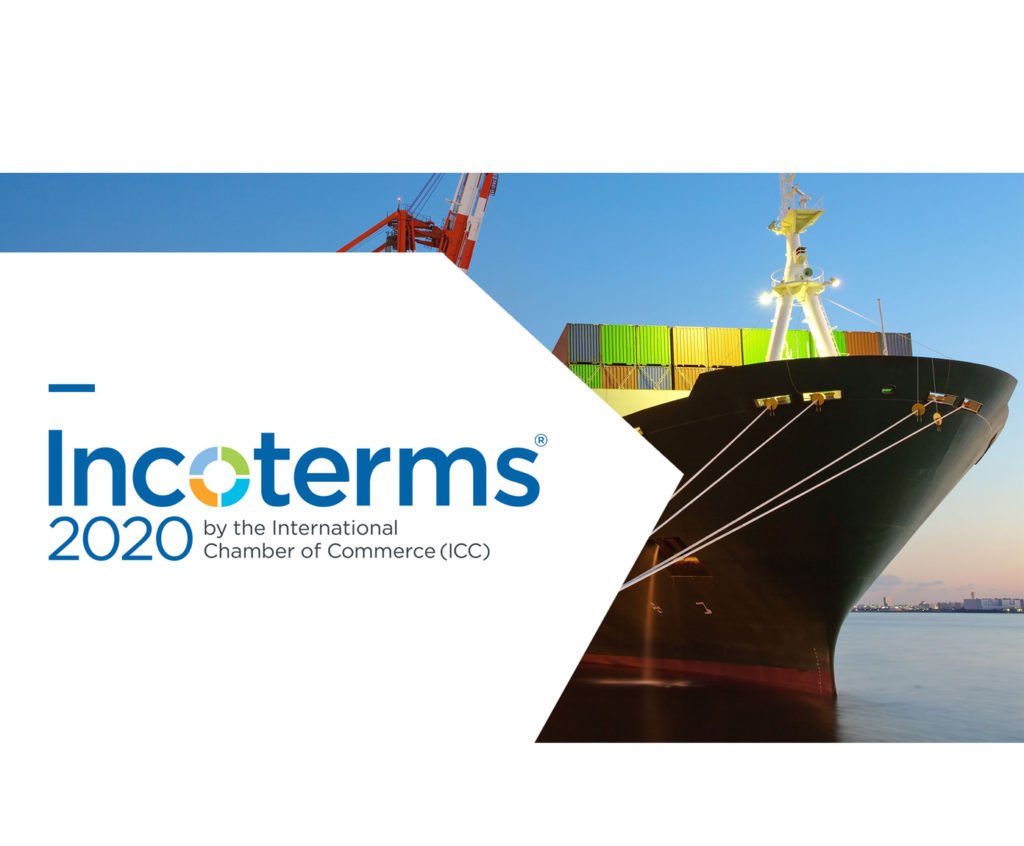The Incoterms (International Commercial Terms) are the international rules that govern trade between buyers and sellers. These terms of delivery specify the mutual obligations of the parties, in relation to the transport, delivery, responsibilities, risks and costs of transport. Incoterms 2020 is the latest international regulations in the field of international trade and logistics.
ALC transit is a transit company is reliable and professional, which can help you to understand Incoterms and apply them in your import-export activities.
When you enter into a commercial contract with a supplier or a foreign customer, it is essential to understand the terms of delivery. Incoterms define who is responsible for the transport, and where the delivery is considered completed. These words are essential to avoid conflicts and misunderstandings in international commercial transactions. They establish clear rules for the parties involved in the delivery process.
With the Incoterms 2020, the seller is responsible to arrange and pay for the transportation to the place agreed with the buyer. The responsibilities and risks are transferred from defined manner, which facilitates the planning and ensures execution fluid of the transaction. The delivery terms, such as EXW (Ex Works), FOB (Free on Board), CIF (Cost, Insurance and Freight), set out the specific obligations of the seller and the buyer, in each step of the logistics process.

When you import or export of the goods, the cost of transport may be an important factor to be taken into account. The Incoterms specify who is responsible for the transportation charges, duties and taxes. Therefore, it is crucial to choose the delivery term which is appropriate for your business needs.

In the international trade, logistics and delivery are key elements to ensure the smooth running of operations. Understanding Incoterms, and applying them correctly, you can minimize risk, optimize costs and ensure the satisfaction of your customers.
So remember, when you participate in international trade, Incoterms are your allies. Call Upela.com to accompany you in your shipments and ensure the respect of the reciprocal obligations defined by the international rules.

List of the 11 incoterms :
EXW (EX Works)
That is to say, the seller makes the goods available to the buyer at the seller's premises, or at another location selected (example : factory, warehouse, air storage etc). This simplifies really all for the buyer, who pays a one-time only, and does nothing more, up to arrival of the goods.
FCA (Free Carrier)
This term can be used for any type of transportation. It is an incoterm pre-routing.
CPT (postage paid to)
The goods must be transported by the vendor before handing it in to the primary carrier. The risk is now covered, the risk of the buyer.
CIP (Postage Paid and Insurance Paid)
The seller has the same responsibilities as CPT, but it also contracts for insurance cover against the risk that the goods of the buyer are lost or damaged during the transit.
DPU (Delivery to Unloaded Place)
The seller delivers when the goods, once unloaded, are placed at the disposal of the buyer at a named place of destination.
DAP (Delivered on site)
The seller delivers when the goods are put at the disposal of the buyer on the means of transport to arrive ready to be unloaded at the agreed place of destination.
DDP (Delivered Duty Paid)
The seller provides the goods to the buyer. That is to say, the goods are cleared for import on the means of transport to arrive, ready to be unloaded at the agreed place of destination. The buyer has nothing to support, the seller is taking care of everything.
FAS (Free alongside ship)
When the goods are placed alongside the vessel (e.g., on a quay or a barge) nominated by the buyer at the port of disembarkation designated, the seller delivers. In summary, this covers the pre-routing to the ship
FOB (free on board)
When the goods are placed alongside the vessel (e.g., on a quay or a barge) nominated by the buyer at the port of disembarkation designated, the seller delivers.
CFR (cost and freight)
The time of delivery and transfer of risk corresponds to the time when the goods are on board the vessel. In addition, the buyer may be buying the goods have already been delivered.
CIF (Cost Insurance & Freight)
The products are delivered to you by the seller at the time the goods on board the vessel at the port of loading.